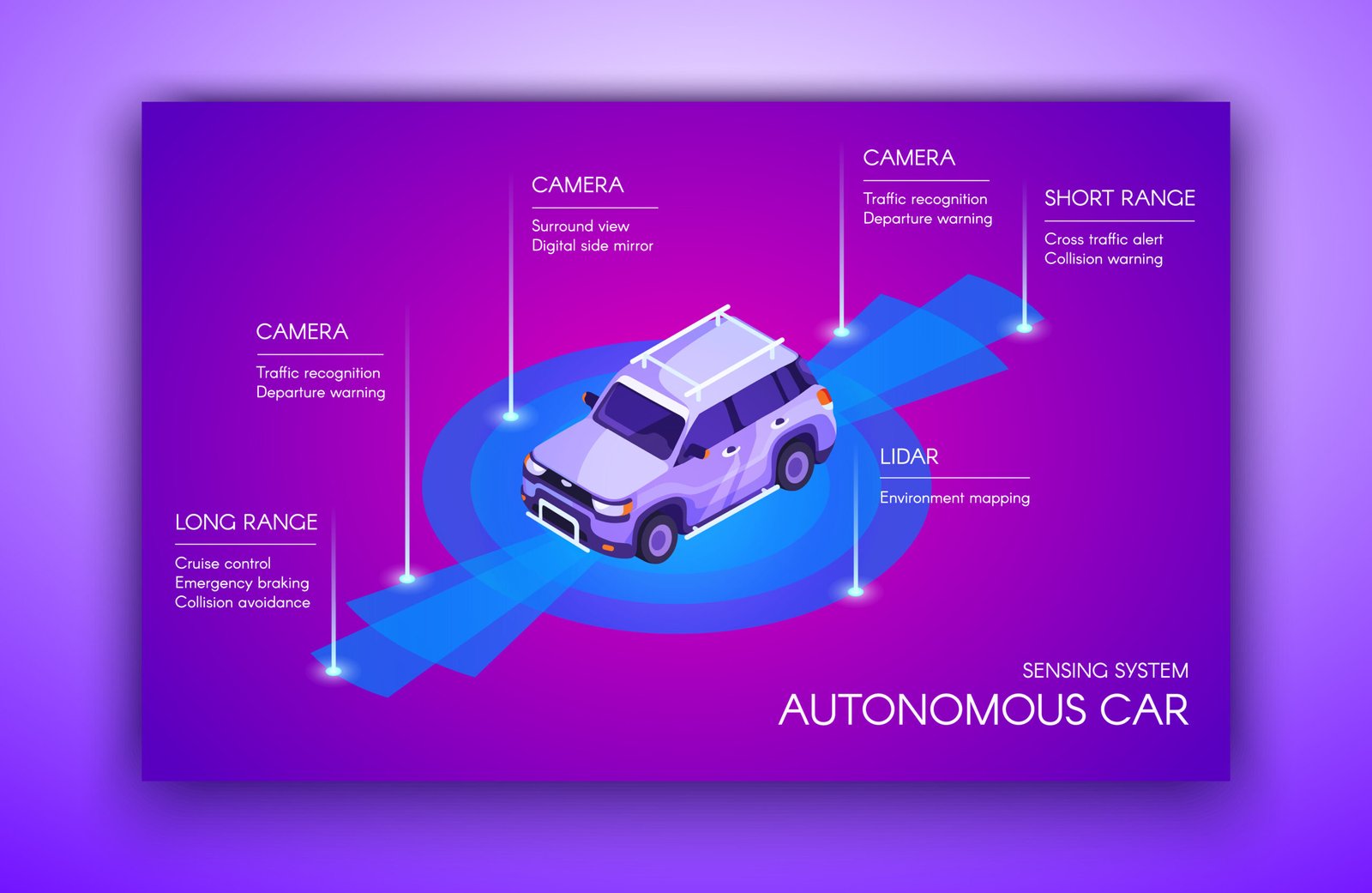What is the future of AI in Automotive industry?
- Home
- What is the future of AI in Automotive industry?

What is the future of AI in Automotive industry?
The automobile industry is in the midst of an important evolution that is being propelled by the rapid development of new technologies and the intensification of market rivalry. The use of artificial intelligence (AI) is becoming an increasingly significant component of the automotive industry for a variety of reasons, and the list of those reasons continues to grow on a daily basis. A study conducted by Capgemini found that AI is going to be essential to the automotive industry’s ability to create value in the future. While the majority of public attention is being paid to the implementation of AI in self-driving cars, the industry is also working on AI applications that extend much further beyond that, including engineering, production, supply chain, customer experience, and mobility services, amongst others.
In 2021, the market for artificial intelligence in automobiles was valued at USD 2.54 billion, and it is expected that this market would expand at a CAGR of 21.6% between the years 2022 and 2030. The primary factors that are driving the global market for automotive AI are the expanding demand for autonomous vehicles, the favorable application of AI in traffic management, sophisticated automotive solutions, and initiatives taken by governments around the world.
AI is bringing automobiles to a level where many things that were previously unreachable are now becoming possible, such as identifying maintenance problems in advance and making the roads safer for everyone. As a consequence of this, giants in the automobile industry are turning to artificial intelligence (AI) to automate their procedures, improve their level of security, and reduce the amount of time and money required for production.
The following are examples of significant applications of AI in the automobile manufacturing industry:
- Design: Automobile makers are turning to AI for assistance in designing vehicles that are both fuel-efficient and aesthetically pleasing.
- Simulation: The use of Digital Twin, an endeavor based on simulation, enables manufacturers to cut back on time, money, and resources while maintaining the quality standards they have set for themselves.
- Data analytics: The cars of the future will be continuously analyzed and altered based on the data that they collect, which will make them more fuel efficient, safer, and reliable.
To summarize, artificial intelligence has already begun to revolutionize the automotive sector and will continue to do so in the foreseeable future. It will assist manufacturers in developing vehicles that are more fuel-efficient and, as a result, safer for everyone driving on the road.
- Share
